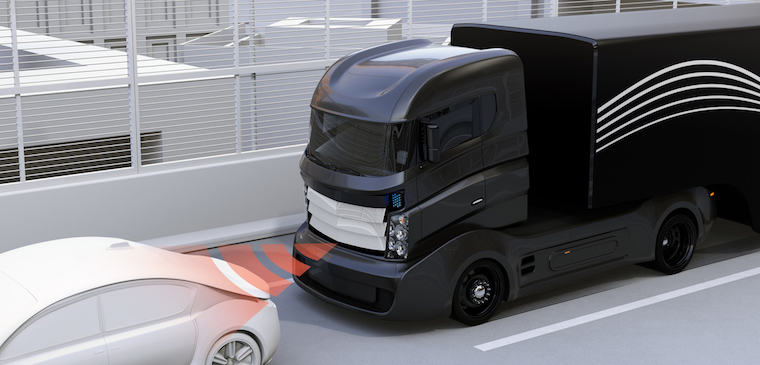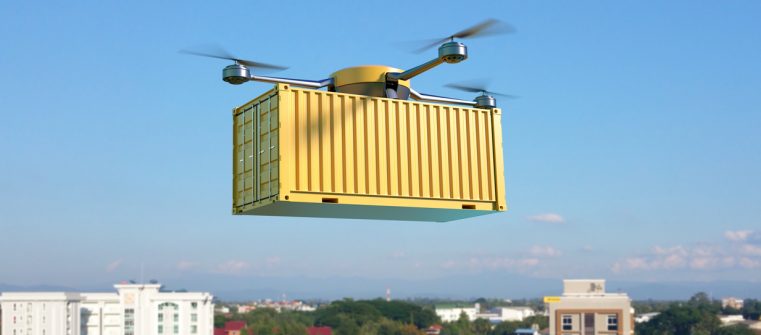Self-driving vehicles (also called “autonomous technology”) will soon be rolling from the development stage onto the actual highway stage. “Some experts say fleets of driverless vehicles will be on the road within two years,” according to a recent series by the San Francisco Chronicle. One issue the newspaper tackled was the question, “What happens to all of those over-the-road and local truckers who now deliver about 75 percent of everything businesses and consumers purchase?”
Some positive results that may occur due to self-driving trucks
- Fewer traffic accidents
- 40,000 | In the U.S., 40,000 people die in car crashes each year, mostly caused by human error. Millions more are seriously injured.
- Cleaner air
- Cheaper transportation
Some negative results that may occur due to self-driving trucks
- Could cost millions of people their jobs
- 3.8 Million | Number of Americans who work as commercial motor vehicle operators, driving trucks, delivery vans, buses and taxis (Source: Bureau of Labor Statistics)
- 29 States | In 29 states, truck driving is the most common occupation
- 4 million | People who work in trucking-related jobs other than driving. For example, insurance agents, parking meter attendants, truck stops, motels, parking lots, toll booths, garages, auto body shops, etc.
- 90% | Percentage of the trucking industry made up of small business trucking companies with 10 or fewer trucks. (Owner-Operator Independent Drivers Association)
- 350,000 | There are approximately 350,000 owner-operators in the United States.

What happens to truckers when commercial vehicles are self-driving?
“The net impact of automation on employment has always been positive, rather than a negative,” says John Paul MacDuffie, a management professor at Wharton Business School’s program on vehicle and mobility innovation. “There’s no reason to expect that this time will be any different,” McDuffie told the Chronicle.
“Luddites smashed looms 200 years ago because they thought they would do away with their craft. The reality is, work always evolves to adapt to technology,” said Rob Carter, chief information officer for FedEx, which operates 160,000 ground vehicles. Airplanes already can fly themselves — but pilots still inhabit the cockpit, handling takeoffs, landings and any situations that arise, Carter said. He thinks the same will be true for trucks.
While pizza delivery is a different industry than over-the-road trucking, when Pizza Hut recently announced a new autonomous project, the company said that autonomous delivery trucks would actually create more jobs.
It actually could create more jobs by opening the pool of “drivers” to those who do not own vehicles. They might act more as servers, focusing on hospitality.
— Pizza Hut (@pizzahut) January 9, 2018
If history repeats itself, a re-tooled trucking industry will likely unveil countless needs that will lead to the creation of new small businesses and provide opportunities for sole proprietors. Some of those opportunities will include the adaptation of owner-operator business models that provide services similar to today — but that utilize some amazing new technology. Unfortunately, the next few years (or decades) may also be a rocky road for many small businesses in the trucking industry.
But who knows? Maybe the future of commercial transportation won’t just be in self-driving trucks, but will also be something we’ve all wanted since the Jetsons: the flying cargo container.
Hey. It could happen.

istock
